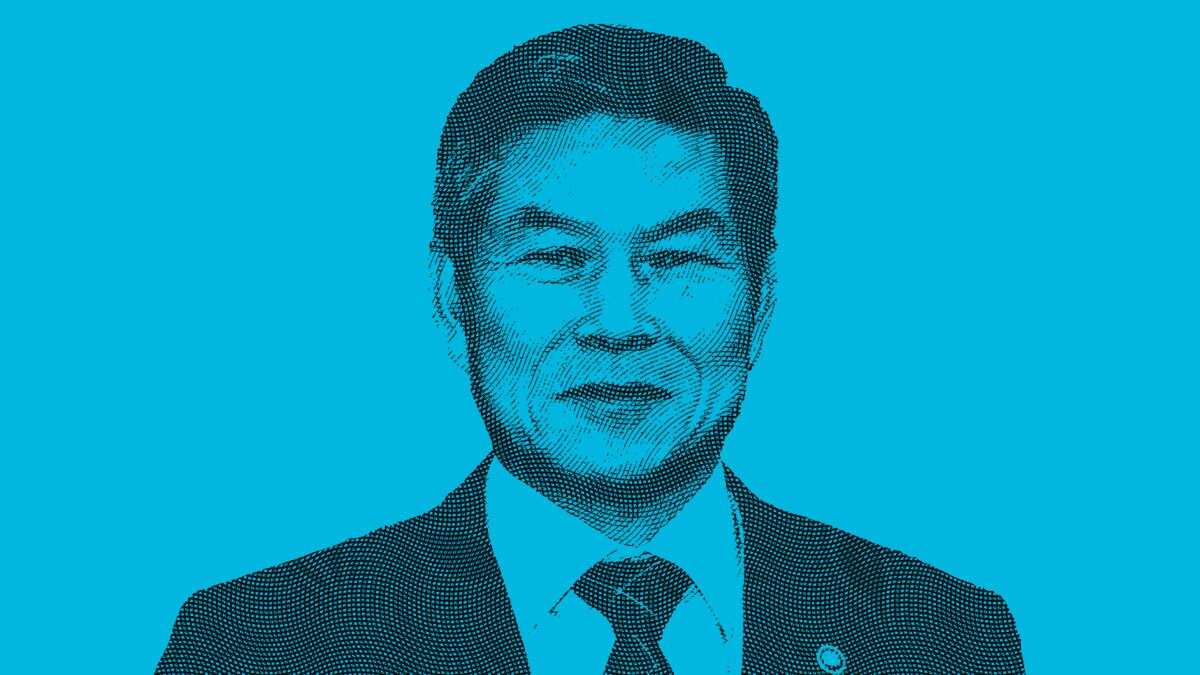In today’s security environment, threats including not only traditional security threats based on military power but also nontraditional threats including terrorist and cyberthreats, diseases, and natural disasters and catastrophes are diversifying and growing in their intensity. The Korean Peninsula in particular has seen the rise of nonmilitary threats due to the spread of the new coronavirus, COVID-19, while military threats have also been augmented as a result of the continued development of weapons in North Korea and increased military activities from neighboring countries.
The governments of the Republic of Korea and United States of America are working together, based on the steadfast ROK-U.S. alliance, to be ready against such a variety of security threats and to establish peace and stability on the Korean Peninsula.
Firstly, the ROK and U.S. are maintaining an ironclad combined defense posture to support with strong military might the governments’ diplomatic efforts for establishing denuclearization and permanent peace on the Korean Peninsula. The Combined Command Post Training 20-1 had been postponed in consideration of stemming the spread of COVID-19 and ensuring the safety of ROK and U.S. service members.
However, other planned combined exercises and training will continue to be implemented through flexible modification of their scale and methodology. Furthermore, the ROK and U.S. are overcoming the nonmilitary threat of COVID-19 together through combined quarantine operations, sharing information and medical support.
RELATED

Second, the ROK and U.S. are systematically and actively pursuing the transition of wartime operational control, or OPCON, to establish a combined defense system led by the ROK Armed Forces. The ROK and the U.S. have conducted the initial operational capability certification assessment of the future Combined Forces Command last year under the leadership of a ROK four-star general. Scheduled this year are assessments of full operational capability of the future Combined Forces Command and of the alliance’s response capabilities against North Korean nuclear and missile threats.
To satisfy the conditions of the OPCON transition in a timely manner, the ROK is committing an unprecedented level of budget to improve critical military capabilities of its Armed Forces and continue acquiring response capabilities to nuclear weapons and weapons of mass destruction. Furthermore, following the OPCON transition, the ROK and the U.S. will maintain a combined defense system, and the transition itself will be pursued in the direction of further strengthening the alliance and its combined defense posture, including continued presence of U.S. Forces Korea and guarantee of the United Nations Command’s role.
Third, the ROK and the U.S. have maintained a fair and mutually agreeable level of defense cost-sharing thus far, and are working together based on mutual trust and through close consultation and collaboration to create a win-win result from the cost-sharing negotiations of the 12th Special Measures Agreement. Besides the defense cost-sharing, the ROK government continues to expend approximately $7 billion per year for stable conditions for U.S. Forces Korea and a more powerful combined defense posture in the form of granted lands and buildings, provision of Korean Augmentation to the U.S. Army personnel, combined exercises and training, and defense-industrial cooperation.
Going forward, the best of efforts will continue so that U.S. Forces Korea can continue its role as the linchpin of peace and stability on the Korean Peninsula and in Northeast Asia.
Lastly, the ROK and the U.S. are pursuing security cooperation with neighboring countries in the context of our secure alliance. In 2019, the ROK made a strategic decision in a greater frame of understanding to temporarily suspend the effect of its decision to end the General Security of Military Information Agreement. Since then, the ROK has been consulting with Japan so that it would roll back its sanctions and recover our past relationship. As such, I also look forward to the U.S. government taking an active role toward a satisfactory conclusion to this issue for ROK-U.S.-Japan security cooperation.
In addition, China is a country that can play an important role for the denuclearization of North Korea, and it is the ROK’s largest trading partner, which calls for a relationship of continued cooperation. However, issues of security will be handled on the basis of a steadfast ROK-U.S. alliance.
This year marks the 70th anniversary of the beginning of the Korean War. The ROK will engrave deeply within its heart the sacrifice and dedication of all heroes who committed themselves for the peace and stability of the Korean Peninsula, and developed the ROK-U.S. alliance into a great alliance that is both mutually complementary and future-oriented. Furthermore, it will achieve complete denuclearization of North Korea based on the strong military might borne of a secure combined defense and military readiness posture. The ROK will also continue creating a “Peaceful Peninsula” free of worries for war by establishing permanent peace.
Jeong Kyeong-doo is the defense minister of South Korea.








